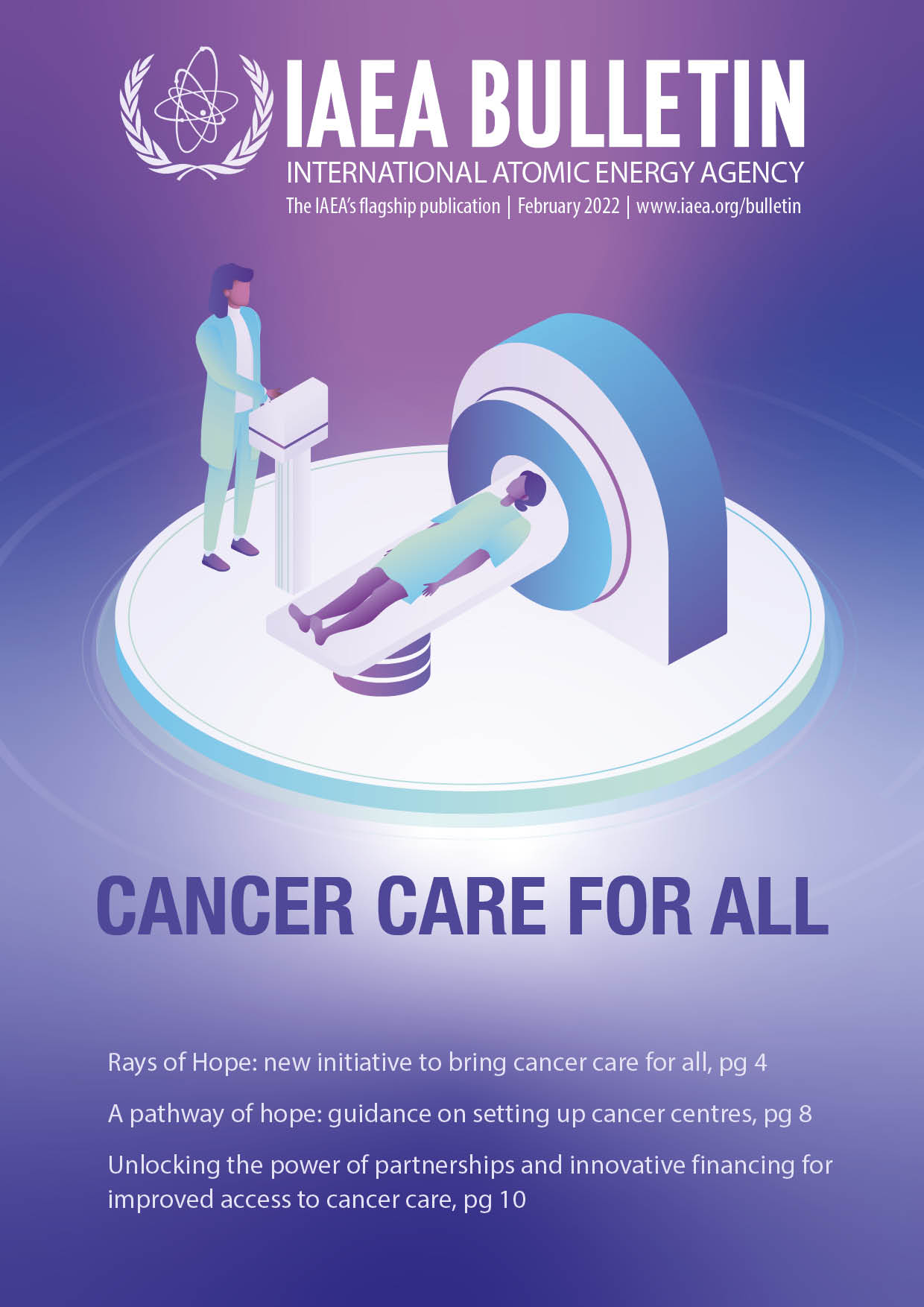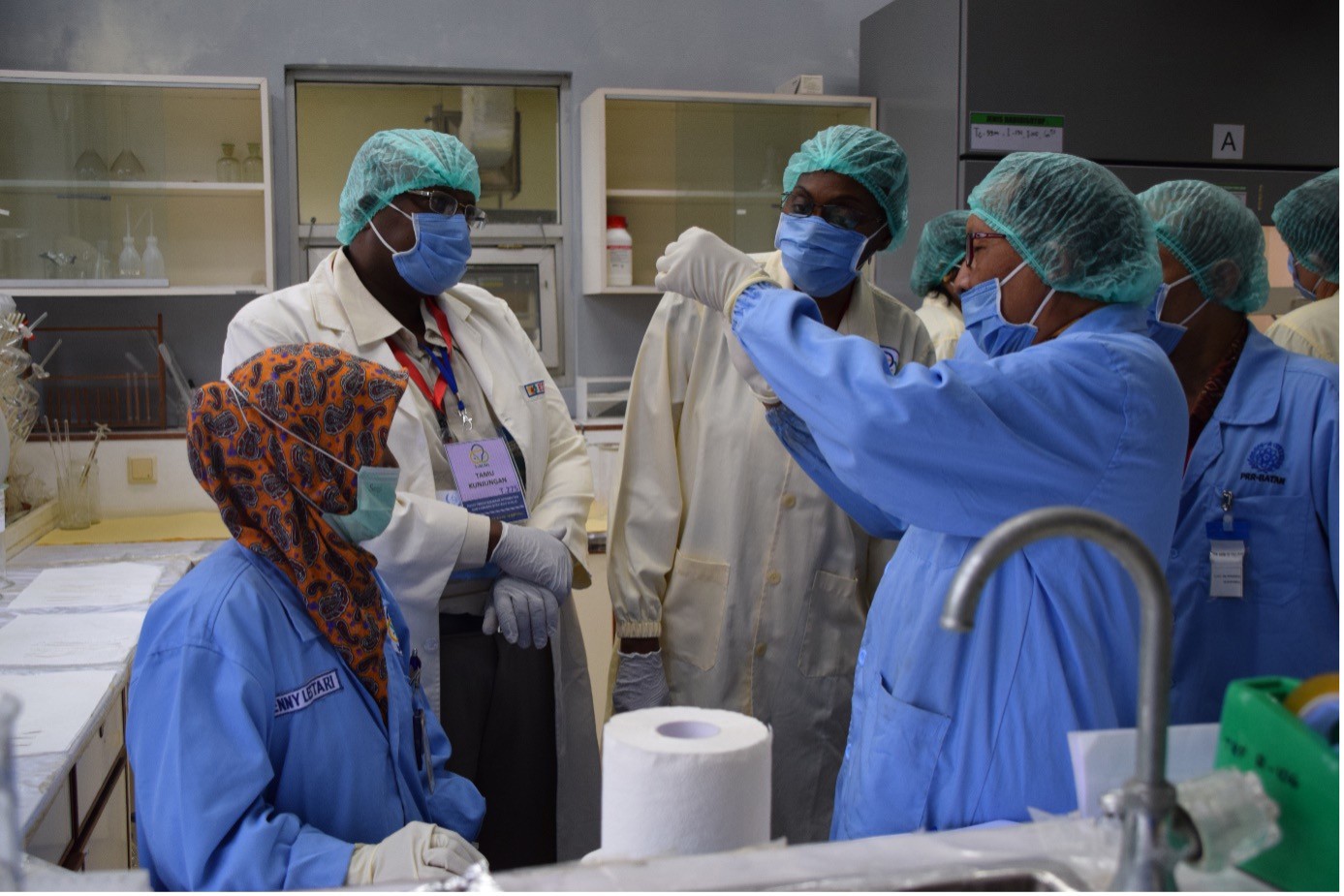Expanding and upgrading radiopharmacy facilities
As the field of radiopharmaceuticals rapidly evolves and more advanced diagnostic techniques, such as positron emission tomography (PET) and radiotherapeutics, become increasingly common, countries new to radiopharmaceuticals need to catch up quickly, explained Korde.
Several African countries are working on expanding and upgrading their radiopharmaceutical facilities for the production of radiopharmaceuticals, with the help of the IAEA’s technical cooperation programme and through IAEA coordinated research projects.
Through support from the IAEA, Tunisia has been able to start using PET, while Algeria recently installed and started a medical cyclotron — a machine that enables the country to produce its own radiopharmaceuticals and allows for routine PET imaging for many types of cancers, such as lymphomas and lung and colon cancers. This has also enabled the implementation of labelling with the radioisotope gallium-68, which is used for the diagnosis and staging of prostate cancer and neuroendocrine tumours. PET imaging will also allow for the introduction of effective and targeted cancer treatment therapy.
Nuclear medicine and PET imaging techniques are essential for cancer management but are increasingly expensive and inaccessible in many countries. With the new cyclotron facility in Algeria, it is now possible to easily produce large quantities of radiopharmaceuticals to help diagnose and treat more patients each day.
“The development and use of radiopharmaceuticals and their applications in recent years has allowed us to increase our knowledge in detecting, assessing and better treating various types of cancers we previously could not,” said Salah Bouyoucef, Professor of Nuclear Medicine at the Bab El Oued Teaching Hospital in Algeria.
Through IAEA initiatives, African countries that previously had no capacity to produce and use radiopharmaceuticals now do, or soon will. Ethiopia, for example, is in the midst of building its first medical cyclotron at St. Paul’s Hospital Millennium Medical College in Addis Ababa.
The quality, safety and sustainability of radiation technologies, including radiopharmaceuticals, will be discussed at the IAEA's Scientific Forum on Rays of Hope: Cancer Care for All from 27 to 28 September, during the 66th Annual IAEA General Conference. The Scientific Forum will be livestreamed.

